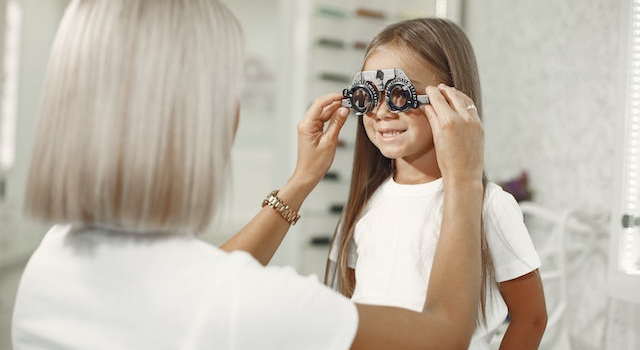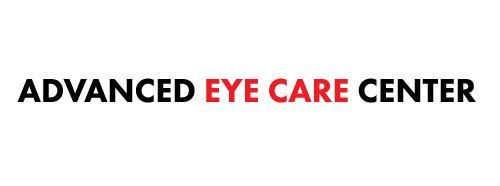
Early childhood is a critical period for growth and development. Good vision plays a significant role in this process. Though visual development begins even before birth, the most important changes occur during early childhood.
Children experience rapid cognitive, motor, and social development from birth to around age six. Vision is crucial for learning and interacting with the world as they grow.
Proper vision allows children to explore their surroundings. This is vital for developing hand-eye coordination, fine motor skills, spatial awareness, and more.
Below, our eye care team at Advanced Eye Care Center P.S.C. discusses how common eye issues can affect your child. We also look at the critical role of comprehensive eye exams in ensuring their eye health and vision.
Common Vision Problems in Children
Several vision problems can affect children, including nearsightedness (myopia), farsightedness (hyperopia), astigmatism, and amblyopia (lazy eye). Early detection and treatment of these issues are essential to ensure children have the best visual outcomes. Untreated vision problems can lead to more severe conditions, such as strabismus (crossed eyes) or permanent vision loss.
School Vision Screenings and Comprehensive Eye Exams
To diagnose and treat vision problems and eye diseases, parents should bring their children in for an eye exam at least once per year. This is different and overall more comprehensive than vision screenings your child may receive at school.
While school vision screenings are valuable for identifying potential vision issues, they typically involve simple tests. These tests may not detect all vision problems, particularly those related to eye health and function. Your child can still pass a vision screening and technically have 20/20 vision. However, they may still have issues with depth perception, eye coordination, or other problems that could affect them in the classroom.
Comprehensive eye exams involve tests performed by an eye care professional. These tests assess visual acuity, eye alignment, focusing ability, and overall eye health.
An optometrist or ophthalmologist can diagnose various vision problems and eye conditions during a comprehensive eye exam. They can also provide appropriate treatments, such as prescription glasses or other interventions. Early intervention is crucial for addressing vision problems and preventing long-term consequences.
Ensuring Optimal Vision for Your Child
Parents play a vital role in their children's eye health. Regular comprehensive eye exams are essential, starting at an early age. The American Optometric Association recommends that children have their first eye exam at six months, followed by additional exams at age three and before starting school. After that, regular check-ups every two years can ensure that your eye doctor addresses any vision changes promptly.
In addition to regular eye exams, parents should be aware of signs that their child may be experiencing vision problems. These signs can include squinting, frequent eye rubbing, tilting the head, or complaining of headaches. If any of these symptoms are present, requesting an eye exam as soon as possible is important.
Ensure Clear Vision: Request an Eye Exam
Eye health is a critical component of early childhood development. Vision problems can significantly impact a child's ability to learn and grow, making early detection and treatment essential. While school vision screenings provide a helpful preliminary check, they are not a substitute for comprehensive eye exams. By prioritizing regular eye care, parents can help ensure their children have the best possible start, with clear vision supporting their overall development.
